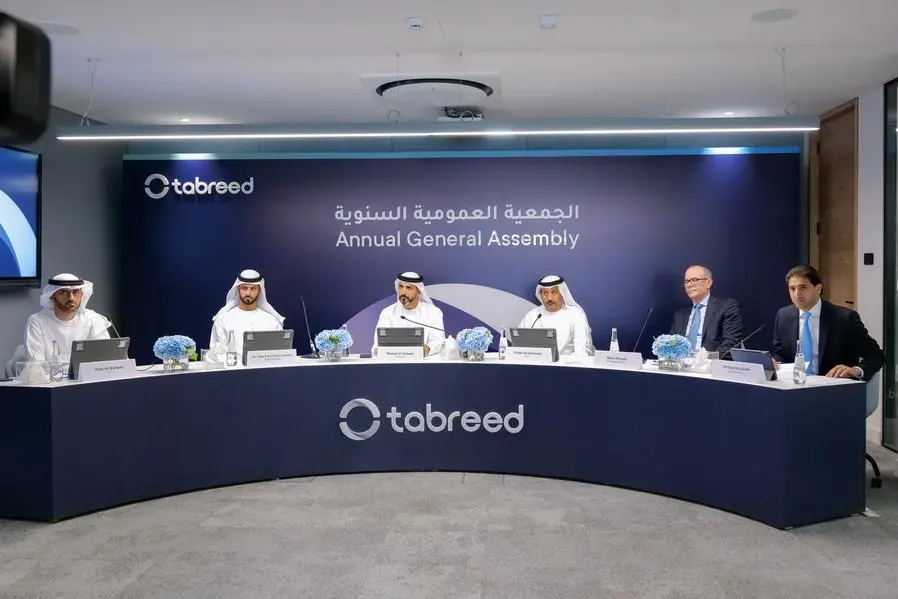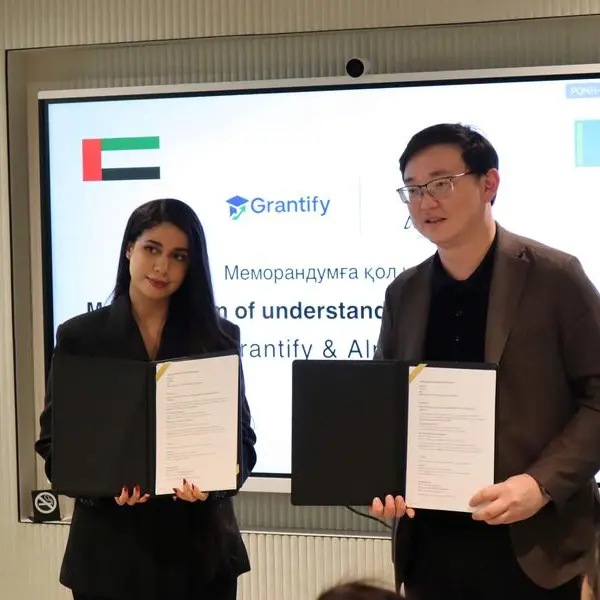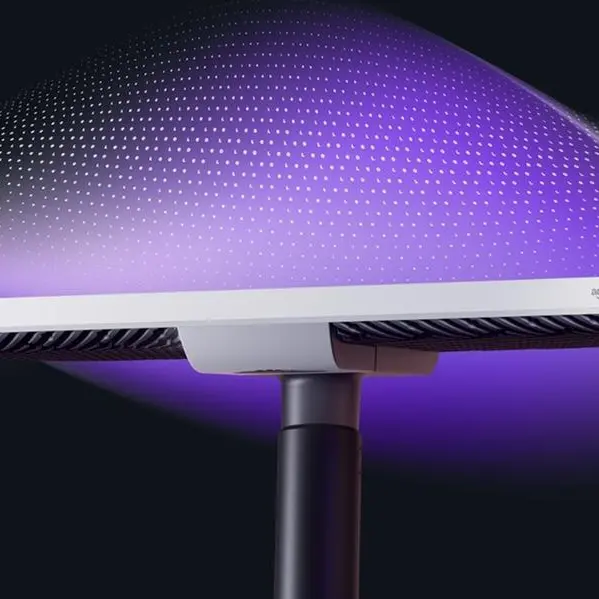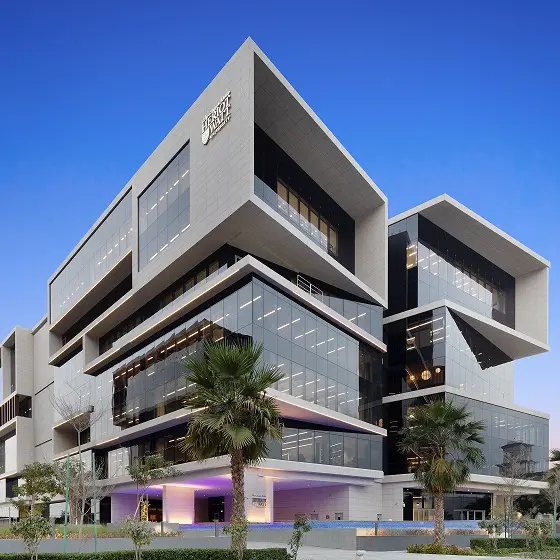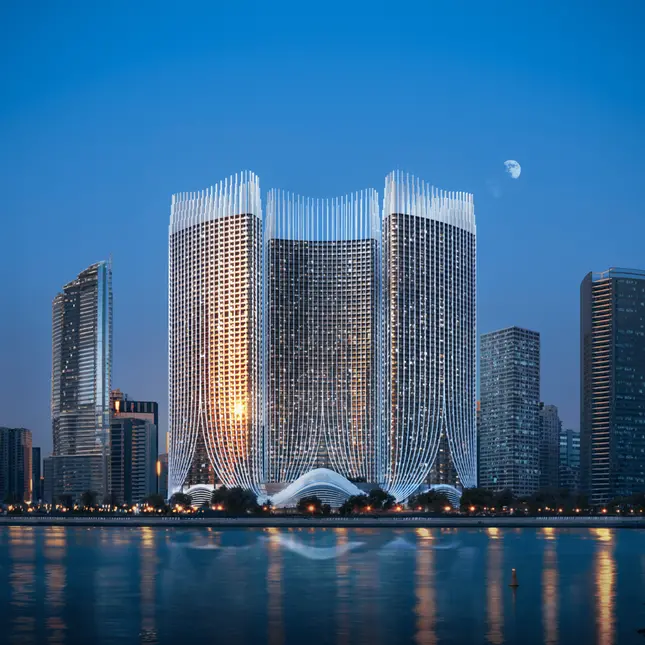PHOTO
Abu Dhabi, United Arab Emirates – The shareholders of Tabreed, the UAE’s leading district cooling company, have approved a cash dividend payment of 13.5 fils per share for 2022. This represents the highest dividend payment to Tabreed shareholders in the company’s 25-year history and marks an increase of 1.5 fils per share on the 12 fils per share equivalent paid to shareholders in 2022.
The record dividend was formally approved at Tabreed’s Annual General Assembly (AGA), chaired by Chairman Khaled Abdullah Al Qubaisi, on 20 March 2023. Tabreed also used the AGA to elect its board of directors in accordance with the three-year requirement set out in SCA regulations. Eight of the existing board members have been re-elected and shareholders confirmed the appointment of one new board member, Dr Alyazia Ali Al Kuwaiti, to the Board of Directors.
Reflecting on an exceptional year for the company, Al Qubaisi said: “As the UAE prepares to host COP28, Tabreed continues to build on its successful track record of delivering energy efficient and environmentally friendly district cooling solutions for customers, supporting their energy sustainability goals. We are proud of our ongoing partnership with customers to reduce energy consumption and carbon dioxide emissions and advance the growth of sustainable smart cities in the region.
“On the back of an exceptional year, we are delighted to issue a record dividend payment, unlocking further value for our shareholders while we continue to benefit people, societies and the environment with our pioneering, reliable and sustainable solutions.”
Khalid Abdulla Al Marzooqi, Tabreed’s Chief Executive Officer, added: “Last year, group revenue increased by 13% to AED 2.22 billion and we reported an EBITDA of AED 1.23 billion, which was an increase of 19% over 2021 – results everyone in the company can be proud of. As impressive as our financial performance undoubtedly is, at Tabreed we are equally proud of the fact that our operations prevent millions of tons of carbon emissions. Cooling is the biggest consumer of electrical energy in this region, and district cooling uses approximately half the energy required by conventional methods, so the positive impact of our business benefits everybody, everywhere.
“Tabreed is a most resilient company and 2023 will be a landmark year for us, as we celebrate being in business for a quarter of a century. It is an exciting time for everyone at Tabreed, as we look ahead to the next 25 years as the world’s leading provider of sustainable cooling.”
In 2022, Tabreed added nearly 55,000 refrigeration tons of new connections in the UAE and across the region, as the company invested in its robust network of assets in the UAE and Oman, and expanded into new markets.
For media enquiries contact: prteam@acornstrategy.com
-Ends-
About National Central Cooling Company PJSC (Tabreed)
Tabreed provides essential and sustainable district cooling services to iconic developments such as the Burj Khalifa, Sheikh Zayed Grand Mosque, Louvre Abu Dhabi, Ferrari World, Emirates Towers, Yas Island, Al Maryah Island, Dubai Mall, Dubai Opera, Dubai Metro, Bahrain Financial Harbor and the Jabal Omar Development in the Holy City of Makkah. The company owns and operates 86 plants in its portfolio across the GCC, including 75 in the United Arab Emirates, three in the Kingdom of Saudi Arabia, seven in Oman, one in the Kingdom of Bahrain, as well as others in the region.
Tabreed is a leading driver of progress for people, communities and environments around the world towards a more sustainable future. Founded in 1998 and publicly listed on the Dubai Financial Market, it is one of the UAE’s strongest growth companies. Through its extensive regional and international operations, industry-leading reliability and efficiency, R&D programmes and investment in AI technology, Tabreed further solidifies its position as the industry’s global leader. In addition to district cooling, Tabreed’s energy efficiency services extend the company’s sustainability impact, helping businesses and organisations to improve their overall energy consumption, in turn reducing CO2 emissions and assisting in the achievement of carbon neutrality objectives.
